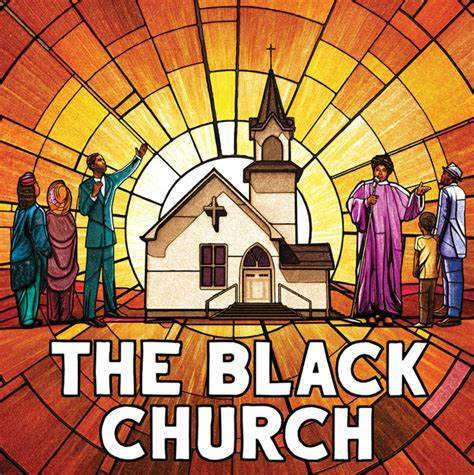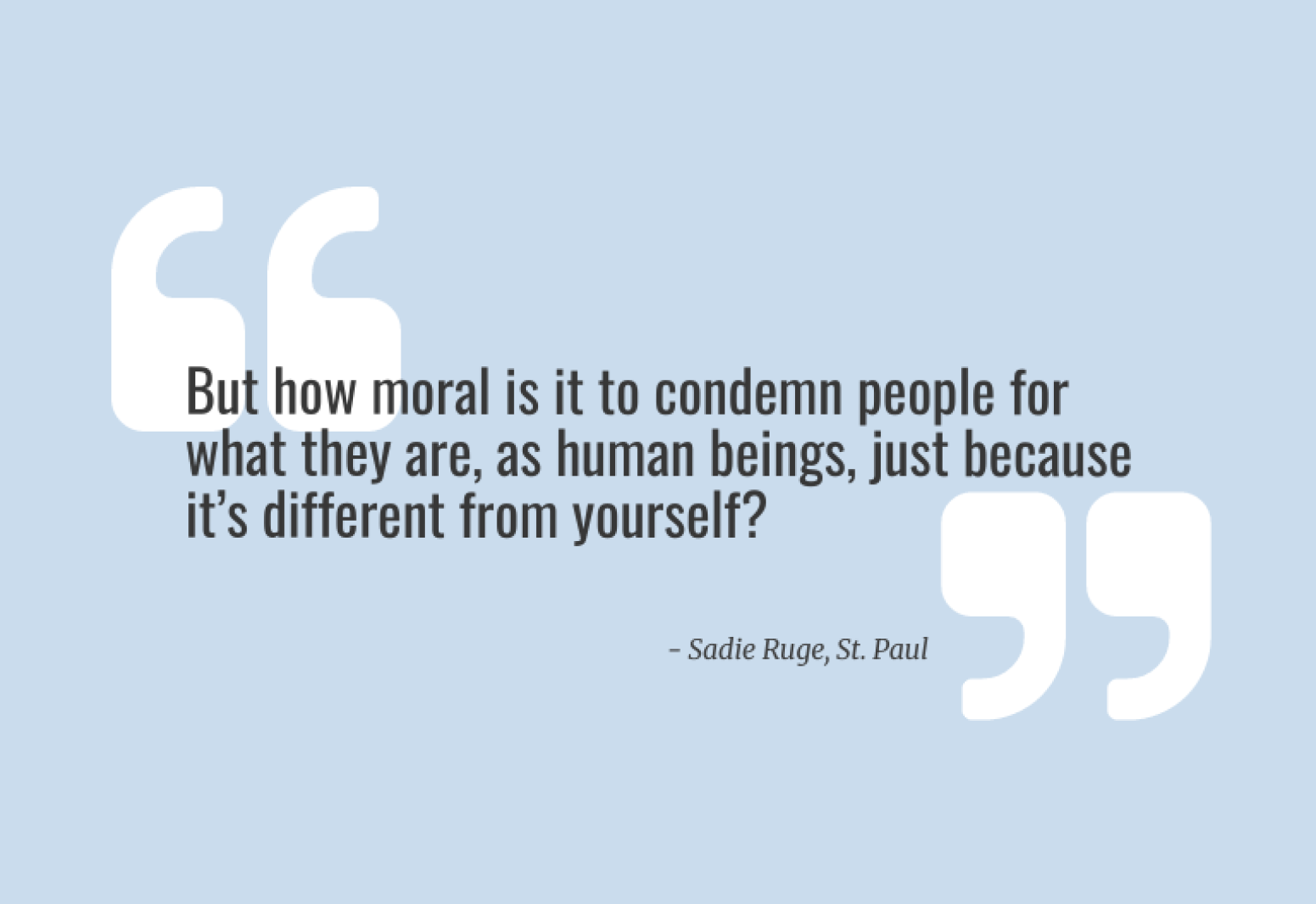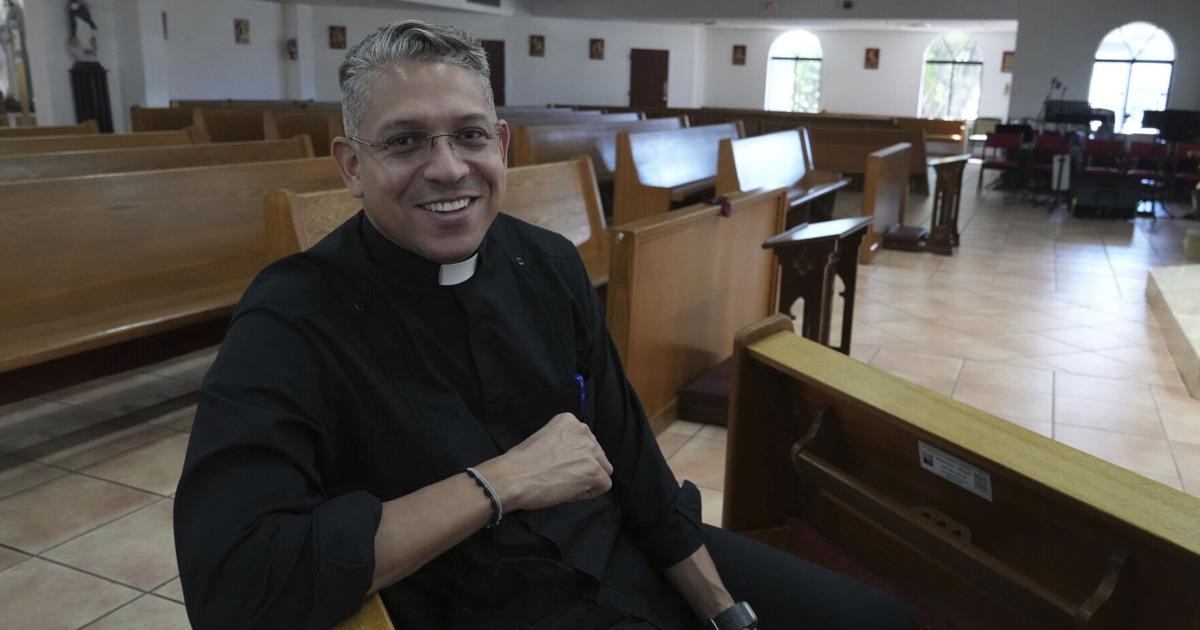Faith, Struggle, and Resilience: How Black Communities Navigate Spiritual Landscapes
Religion
2025-04-23 19:00:00Content

The spiritual connection between Black communities and faith transcends traditional religious experiences, revealing a profound and deeply nuanced relationship with divinity that is uniquely powerful and transformative. When you step into a Black church, witness a Black pastor's passionate sermon, or participate in a religious ceremony, you'll immediately sense something extraordinary—a spiritual energy that goes far beyond mere religious practice.
This distinctive spiritual landscape is rooted in historical resilience, cultural heritage, and a profound understanding of faith as a source of strength, hope, and collective empowerment. Unlike superficial religious observances, Black spirituality represents a complex tapestry of survival, resistance, and communal healing that has sustained generations through unimaginable challenges.
The rhythmic worship, soul-stirring gospel music, and emotionally charged preaching are not just religious expressions but powerful narratives of survival, liberation, and spiritual connection. Each sermon, each prayer, each musical note carries the weight of ancestral struggles and the triumphant spirit of a community that has consistently found solace and power in spiritual belief.
Understanding this relationship requires more than casual observation—it demands genuine respect, deep listening, and recognition of the profound spiritual wisdom embedded in Black religious traditions.
Unveiling the Sacred Tapestry: The Profound Spiritual Journey of Black Religious Experience
In the intricate landscape of spiritual expression, the Black religious experience stands as a powerful testament to resilience, hope, and cultural identity. Far beyond mere religious practice, it represents a complex narrative of survival, resistance, and profound connection that transcends traditional understanding of faith and community.Exploring the Depths of Spiritual Resilience and Cultural Transformation
Historical Roots of Spiritual Empowerment
The Black church emerged as a sanctuary of hope during some of the most challenging periods in American history. From the brutal era of slavery to the ongoing struggles for civil rights, religious spaces became more than places of worship—they transformed into epicenters of social organization, political resistance, and cultural preservation. Spiritual leaders like Martin Luther King Jr. and numerous unnamed community pastors utilized religious platforms to articulate profound messages of liberation and social justice. Within these sacred spaces, African American communities discovered a unique form of spiritual expression that intertwined musical traditions, oratorical excellence, and deep emotional resonance. The call-and-response patterns, passionate preaching styles, and communal worship experiences reflect a rich cultural heritage that goes far beyond traditional religious practices.Theological Perspectives and Spiritual Resilience
Black theology represents a nuanced interpretation of religious understanding that centers the experiences of marginalized communities. Unlike mainstream theological narratives, this perspective emphasizes liberation, social justice, and the inherent dignity of Black humanity. Theologians and religious scholars have consistently argued that faith in the Black community is not just about personal salvation but collective empowerment. The spiritual journey within Black religious traditions is characterized by a profound sense of hope that emerges from historical trauma. It's a remarkable narrative of transformation, where pain is transmuted into powerful spiritual energy, creating spaces of healing, resistance, and communal strength.Musical and Artistic Expressions of Faith
Gospel music, spirituals, and religious artistic expressions serve as powerful mediums of spiritual communication. These art forms are not merely entertainment but complex linguistic and emotional landscapes that communicate deep theological and cultural narratives. From the haunting melodies of slave spirituals to contemporary gospel performances, music becomes a vehicle of spiritual resistance and cultural affirmation. The musical traditions within Black religious spaces represent sophisticated forms of cultural preservation. Each note, each rhythm carries layers of historical memory, resistance, and hope. Musicians and performers become spiritual storytellers, weaving complex narratives of survival and transcendence through their art.Contemporary Challenges and Spiritual Adaptation
Modern Black religious communities continue to evolve, addressing contemporary social challenges while maintaining their core spiritual principles. Young leaders are reimagining religious spaces, integrating social justice activism, digital communication, and progressive theological interpretations. These adaptive strategies demonstrate the dynamic nature of Black religious experience—a tradition that has always been about more than ritual, but about collective survival, empowerment, and continuous transformation. The spiritual journey remains a powerful mechanism for community building, social critique, and personal healing.Global and Diasporic Connections
The Black religious experience extends beyond national boundaries, creating powerful transnational spiritual networks. From African traditional practices to Caribbean religious syncretism and African American church traditions, these connections reveal a complex, interconnected spiritual landscape. These global connections highlight how spiritual practices serve as crucial mechanisms of cultural preservation, resistance, and collective identity formation. They demonstrate the remarkable ability of religious traditions to transcend geographical and historical boundaries.RELATED NEWS
Religion

Faith Under Fire: Inside China's Communist Party's Radical Religious Transformation
2025-04-17 00:04:00
Religion

March Madness Meets Spirituality: Unexpected Lessons from the Basketball Court
2025-04-04 15:40:03






